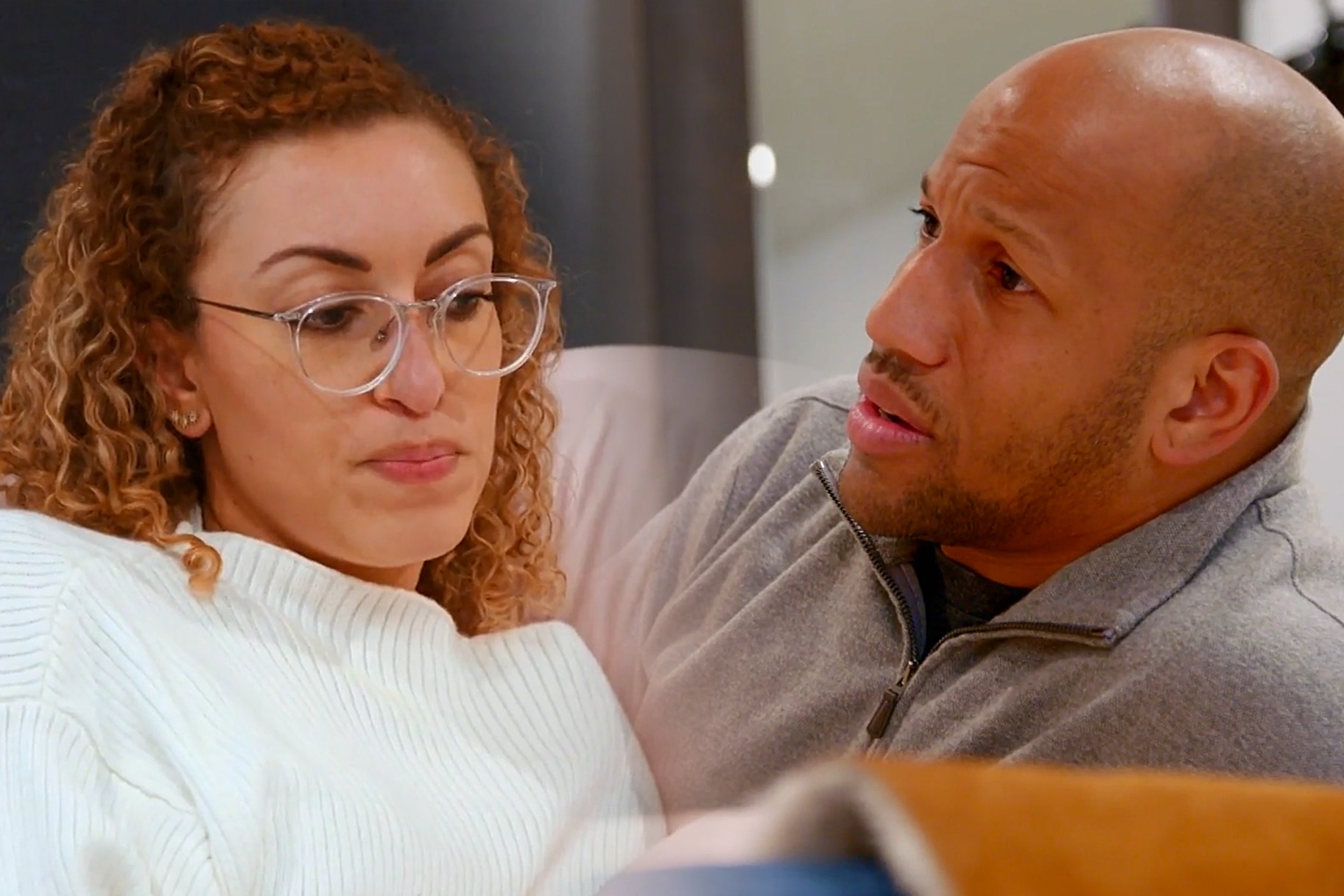Is It a Bad Sign If Your Partner Is Hesitant to Propose After Years of Dating?
Southern Charm New Orleans hunk Justin Reese doesn’t feel as ready to get engaged as his girlfriend, Kelsey Nichols... does that spell trouble?

First comes love, then comes marriage… but how much time should pass between those two? Justin Reese from Southern Charm New Orleans doesn't necessarily equate dating for a few years to an imminent proposal, but his girlfriend, Kelsey Nichols, does.
Justin said that when he thinks of his ideal wife “Kelsey checks the boxes,” but despite that, he still admitted, “I don’t know why I'm not able to say OK, it’s time to get engaged.” Kelsey, on the other hand, has vocalized her frustration at his hesitance, especially since they've been together for nearly three years and she moved to New Orleans for him. Even though he assured her that he sees the relationship moving toward marriage, she still feels like she may be wasting her time.
This begs the question: Is it a bad sign if your partner is hesitant to propose after years of dating and living together? At what point is it fair to lose patience if you have changed your life to support that partner? Personal Space spoke to psychotherapist and relationship coach Rachel Madorsky, LCSW, to learn more.
Hesitation Isn't Always Rejection
Despite Kelsey feeling hurt that Justin is still hesitant about popping the question after being together for so long, Madorsky said, “The important question is not how long should it take before a couple gets engaged, but rather: Are both people happy?”
Justin made it clear that marriage is something he was working toward in their relationship, he just didn't feel ready to take that next step yet. However, "not knowing is not necessarily a sign that something is wrong — some people take longer to feel ready than others,” Madorsky said.
Plus, “it is not uncommon for one partner to feel frozen with fear about making the right decision [and that] at times our own internal pressure, exacerbated by any additional external pressure to get it right, can stop us from moving forward.” This type of pressure can mean Justin’s hesitation may be more about what’s going on in his head and less about his relationship with Kelsey.
Slow & Steady Can Mean Longevity
Madorsky explained that taking your time with dating before an engagement may actually increase the chances of a successful marriage. She pointed to a recent study on divorce published by researchers from Emory University. The study examined the connection between wedding spending and marriage duration and also determined calculable factors that could predict likelihood of divorce.
From their sample of three thousand couples, they found those “who dated three or more years, were 39 percent less likely to get divorced than those who dated less than a year.” Therefore, waiting three years before getting engaged may actually be good for the relationship.
Moving for Marriage
Madorsky advised, “Before one moves cities to be closer to their partner, it is ideal to talk through the expectations, wishes, desires, agreements, and meanings associated with the move and its impact on the relationship.” Part of the reason Kelsey felt impatient for a proposal was because she moved to New Orleans to be with Justin. However, unless they discussed what that move meant for their relationship beforehand, it may be a hard angle to push as a reason to get engaged faster.
"It is natural to make assumptions... but in a healthy relationship we practice not making assumptions,” Madorsky explained. Having those conversations before a big move is key, so that each person knows where the other stands. Getting on the same page about a timeline and agreeing on it is "a great way to create alignment with each other and gain clarity about where the relationship is headed.”
Avoiding Ultimatums
Although sometimes ultimatums can work (hello, Tom Schwartz and Katie Maloney-Schwartz), Madorsky noted that, in her experience, “Timelines and ultimatums create more stress and pressure on the person who is already feeling pressure.”
If you are at the point where you feel a timeline or ultimatum is necessary, “consider that the timeline is really for you and not your partner.” Madorsky advised asking yourself how much longer you feel comfortable staying in the relationship as is.
At the end of the day, if there isn't a particular issue or problem that needs to be dealt with, it's likely just a matter of one person needing more time to make such an important decision. Madorsky noted, “Many couples remain in healthy committed relationships for one, two, and even three-plus years before getting engaged.”







